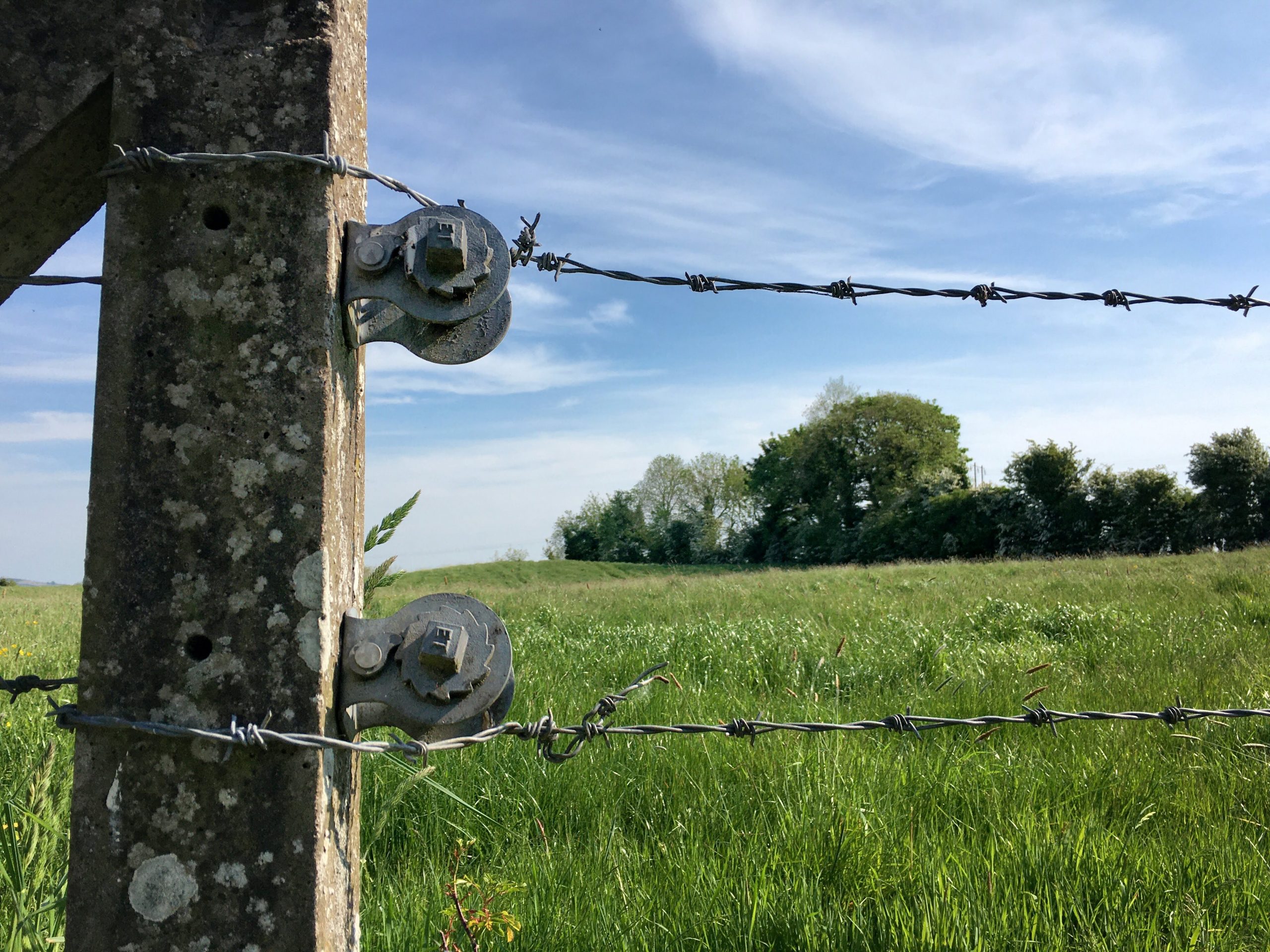When CarVal successfully bid for a slice of Irish farm loans in 2019, the US vulture fund decided to try something new. The portfolio was part of a debt pile originated by the old Agriculture Credit Corporation (ACC) and taken over by Rabobank, which disposed of it after the financial crisis. The Dutch lender sold the lot, dubbed Project Omni, for €800 million as it exited Ireland. Goldman Sachs and Cabot Financial bought some mortgages and unsecured loans, leaving CarVal to pay €159 million for “secured agricultural loans” which were – and remain – “classified as past due but not…
Cancel at any time. Are you already a member? Log in here.
Want to read the full story?
Unlock this article – and everything else on The Currency – with an annual membership and receive a free Samsonite Upscape suitcase, retailing at €235, delivered to your door.

